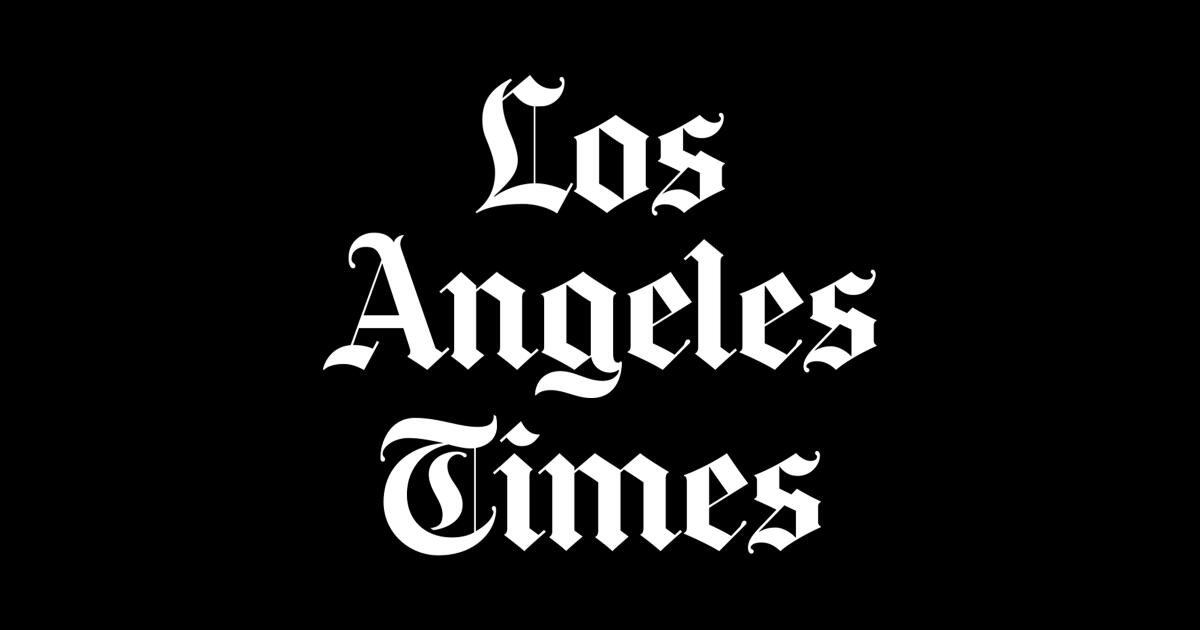Heirs Apparent to Union Chief Join to Run on Combined Slate
The battle to replace storied, 80-year-old union chief Jack Henning as head of the California Labor Federation appears to have been wrapped up with a deal calling for the two leading candidates to join forces and run on a combined slate.
The quietly negotiated pact, averting a potentially divisive battle among California’s unions in a pivotal election year, calls for 43-year-old Art Pulaski, head of the San Mateo County Central Labor Council, to move into Henning’s job as executive secretary-treasurer.
Slated to take the No. 2 job of president is Tom Rankin, 54, who for nearly 13 years has served as Henning’s top legislative aide. As president, Rankin would continue handling similar legislative duties.
Left out of the coalition ticket was the only other declared candidate for the helm of the labor federation, Dan Curtin, director of the California Council of Carpenters. Curtin, considered previously to be a distant third in the running and now believed to hold virtually no chance of derailing the Pulaski-Rankin ticket, could not be reached for comment.
The job of executive secretary-treasurer would catapult Pulaski into a hugely influential role as chief spokesman for the state’s unionized workers. The federation represents 1,200 AFL-CIO local unions covering 1.5-million workers in California.
If elected at the federation’s upcoming convention, which is scheduled for the last week of July in Los Angeles, Pulaski said his main goal would be to promote grass-roots union political campaigning throughout the state.
To that end, Pulaski said he would try to hire as many as 10 political staffers to help labor organizations throughout the state to push union-friendly candidates and issues. “We’ll be targeting districts where we can put in people more responsive to worker interests,” he said.
Leading the Pulaski-Rankin agenda is a proposition expected to be on California’s November ballot to raise the minimum wage, which has been $4.25 an hour since 1988, up to $5.75 an hour as of March 1998.
Both Pulaski and Rankin said they recently were persuaded to team up by union supporters around the state who wanted to avoid a punishing election struggle.
Rankin would replace Albin J. Gruhn, 81, as president. Gruhn, widely expected to retire this year after 36 years as the federation’s No. 2 official, said Monday that he will officially announce his plans next month.
Currently, the executive secretary-treasurer’s job pays $82,500 a year, while the president’s post pays $71,500.
Henning, who has played no public role in the contest to determine his successor, could not be reached for comment.

